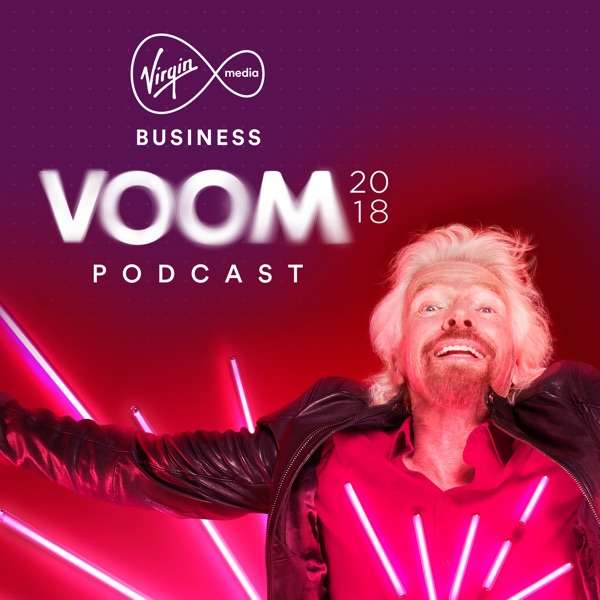As the only self-described socialist in the U.S. Senate and the Democratic presidential race, Bernie Sanders represents a unique figure in American political life. Four years ago, his message of dramatic change to remedy income inequality and other economic ills won a large following in his fight against Hillary Clinton for the nomination of a party he does not even formally embrace. The results encouraged him enough to try again for 2020, even at age 78.
This race poses different and perhaps more formidable challenges. The political independent faces not only a moderate, conventional front-runner in former Vice President Joe Biden, but also a powerful fellow liberal in Sen. Elizabeth Warren brandishing ideas nearly as ambitious as his. In debates and on the campaign trail, Warren has expanded her support this year; polls suggest Sanders has not.
Then, on Oct. 1, he suffered a heart attack. After surgeons inserted two stents to relieve coronary artery blockages, Sanders returned home to rest in Vermont as political observers wondered whether he could resume full-bore campaigning.
He ended that speculation quickly. The gruff, rumpled candidate – memorably depicted by the comedian Larry David on Saturday Night Live - returned to engage his rivals in a televised debate two weeks later. Like many patients who undergo successful catherization, Sanders says he has actually benefitted from renewed energy. Moreover, campaign finance reports show that Sanders out-raised all his rivals in the third quarter of the year, and has more cash-on-hand than anyone else.
Over healthful green smoothies in a Des Moines coffee shops, Sanders sat down with Editor-at-Large John Harwood to discuss his health, his economic agenda, and his hope to become a 21st century version of the president of his infancy, Franklin D. Roosevelt.

 Our TOPPODCAST Picks
Our TOPPODCAST Picks  Stay Connected
Stay Connected







